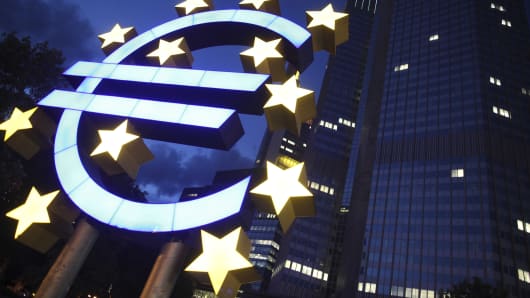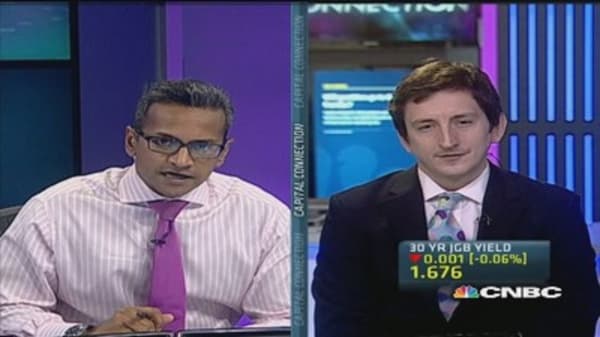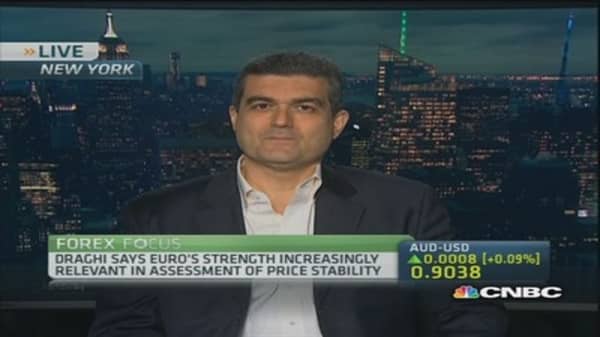The financial crisis also exacerbated Catalonia's long-standing quest for independence from Spain. The Autonomous Community of Catalonia has 7.6 million people and produces a quarter of the Spanish GDP. This is a strong and homogeneous region, with its own historical, cultural and linguistic identity.
During the elections in November 2012, Catalonian parties advocating independence came out victorious. They have now scheduled a referendum to separate from Spain on November 9, 2014. Madrid considers that public consultation unconstitutional and vows not to allow it.
Spain's Basque region, which recently renounced its long armed struggle for independence, is certain to follow.
Italy's Alto Adige (South Tyrol) is also a restless part of the country. The vanishing Austro-Hungarian Empire lost it to Italy at the end of WWI in 1919. This is Italy's richest province. The German is spoken by nearly two-thirds of the population, and there are long-running tensions because some of the province's leaders want it to become part of Austria.
(Read more: EU stocks could top highs, despite week's decline)
Belgium has been in a slow-motion disintegration for quite some time, with the richer Flanders region battling to separate from Wallonia. The Flemish nationalists won the last elections in 2012, and a question of referendum about the future of the country is likely to flare-up again after the next elections on May 25, 2014.
Outside the euro area, the referendum for the independence of Scotland is scheduled for September 18, 2014. According to the latest opinion polls, the "yes" vote is gaining ground.
Investment implications
While one can easily dismiss the talk of independence for Corsica, Provence, Savoy, Brittany and Alsace – all parts of France –new independent and sovereign states on the current territories of Spain, Belgium, Great Britain and maybe Italy are real possibilities.
These processes are currently under way. They will all be very destabilizing and will pose serious political, economic, security and institutional problems for the euro area and for the EU as a whole.
And then there are extremely dangerous sanctions games going on between the EU and Russia. Solutions to issues opposing these two large economic systems are nowhere in sight. As things now stand, the situation will probably get much worse.
The upshot is that, barring an unlikely bilateral climb down, Russia's large EU trading partners, such as Germany, will be particularly hard hit.
(Read more: ECB ready to fight deflation, keeps eye on euro: Draghi)
All this means that investors would be well advised to think about huge risks inherent in any European assets. The future of the euro area and of the EU as a whole looks bleak and uncertain as a result of unforgivable economic mismanagement and political myopia born of nationalistic infighting and a lack of vision of a common European destiny. Perhaps fittingly, in the year marking the centenary of WWI – Europe's greatest slaughter the humanity has ever known – this continent is showing again that bile and enduring hatreds are no substitute for wise statecraft and empathy.
Michael Ivanovitch is president of MSI Global, a New York-based economic research company. He also served as a senior economist at the OECD in Paris, international economist at the Federal Reserve Bank of New York and taught economics at Columbia.
Follow the author on Twitter @msiglobal9






